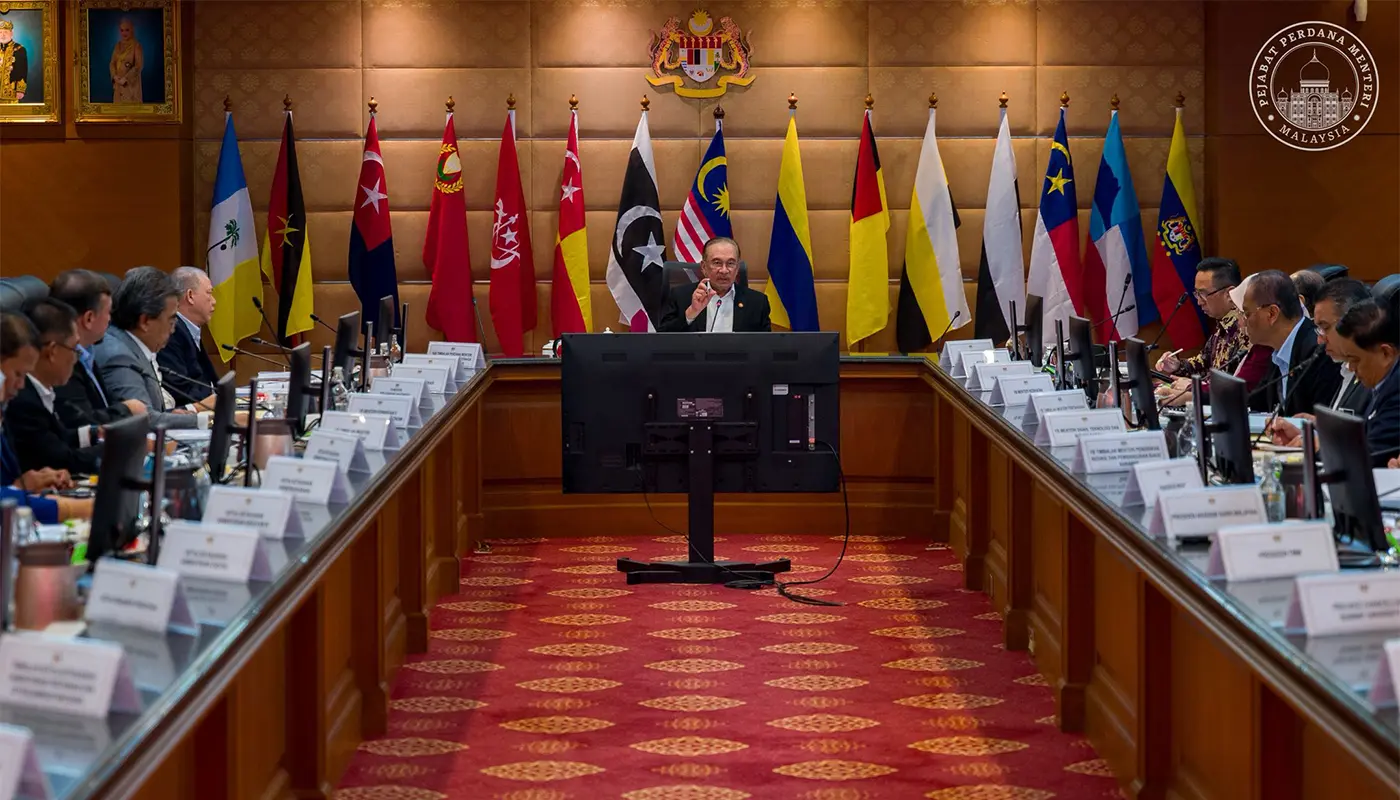PUTRAJAYA – Malaysia has announced a renewed push to strengthen its global standing in innovation, with the government aiming to place the country among the top 20 economies in the Global Innovation Index (GII) by 2030.
The commitment was outlined at the National Science Council Meeting 2025, chaired by Prime Minister Datuk Seri Anwar Ibrahim, who emphasised that innovation is central to Malaysia’s ambition of becoming a high-technology nation guided by MADANI values.
Malaysia is currently ranked 34th out of 139 economies in the GII 2025, according to the World Intellectual Property Organization (WIPO).
While this position places Malaysia among the stronger performers in Southeast Asia, the government believes more coordinated action is needed to accelerate progress.
The meeting agreed on a series of strategic measures, including stronger cross-agency governance and monitoring, to ensure policies are implemented effectively.
Anwar highlighted that the GII is not only a benchmark of competitiveness but also a policy compass for government, industry, and academia in shaping long-term strategies.
A key focus was the financing of Science, Technology and Innovation (STI) programmes, with discussions centred on improving fund delivery to ensure efficiency and high impact.
The council stressed that public-private partnerships will be vital in driving innovation, in line with the National STI Policy 2021–2030, which seeks to transform Malaysia from a technology user into a technology developer.
The Prime Minister also underscored the importance of mission-oriented research and development (R&D), urging that projects must not operate in isolation.
Instead, he called for a coordinated approach where research outcomes directly benefit society and contribute to national growth.
“Each innovation must serve the people and shape the future of the country,” Anwar said, reiterating that Malaysia’s innovation ecosystem must be inclusive and aligned with national priorities.
Observers note that Malaysia’s ambition to rise into the GII’s top 20 will require greater investment in R&D, stronger collaboration between universities and industry, and a sharper focus on commercialising research.
Countries that rank highly in the index, such as Switzerland, the United States, and Singapore, have consistently demonstrated strong linkages between policy, funding, and private sector innovation.
The government’s strategy also reflects broader efforts under the 13th Malaysia Plan (RMK-13), which integrates sustainability, inclusivity, and technological advancement as pillars of national development.
With the GII serving as a global benchmark, Malaysia’s progress will be closely watched in the coming years.
Success, analysts say, will depend on whether reforms in governance, funding, and partnerships can be translated into measurable outcomes that elevate the country’s innovation capacity.






